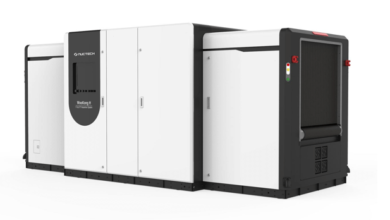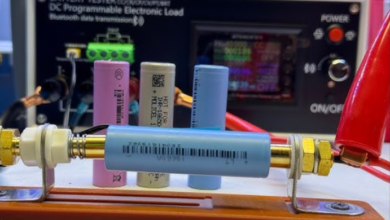Mutf_In: Uti_Inno_Reg_1d5mnro

The case study of Mutf_In: Uti_Inno_Reg_1d5mnro presents a comprehensive examination of innovative utility regulation practices. It highlights the integration of technology and data analytics to enhance efficiency and consumer engagement. This framework addresses significant challenges in traditional industries, such as job displacement and environmental sustainability. However, the implications of these advancements raise critical questions about their long-term impact and adaptability in a rapidly changing landscape. What lies ahead for both consumers and providers?
Overview of Mutf_In: Uti_Inno_Reg_1d5mnro
Mutf_In: Uti_Inno_Reg_1d5mnro serves as a significant case study in the evolving landscape of utility innovation regulation.
This mutf_in overview highlights the potential for enhanced efficiency and consumer empowerment through innovative utility practices.
The uti_inno benefits include increased transparency, adaptability in service delivery, and improved environmental sustainability, aligning with the growing demand for autonomy and responsible management within the utility sector.
Key Features and Innovations
The utility innovation regulation framework reveals several key features and innovations that enhance operational effectiveness and consumer engagement.
Notably, it integrates technological advancements that streamline processes, thereby improving user experience. Enhanced data analytics tools facilitate personalized interactions, fostering a stronger connection between providers and consumers.
Moreover, the framework encourages adaptive solutions, ensuring responsiveness to evolving market demands and empowering users with greater autonomy.
Impact on Traditional Industries
Transforming traditional industries, the utility innovation regulation framework introduces a paradigm shift in operational practices and consumer interactions.
This shift facilitates market transformation, fostering efficiency and flexibility.
However, it also raises concerns regarding job displacement as automation and innovative technologies alter employment landscapes.
Traditional sectors must adapt to these changes, embracing new technologies while addressing the challenges of workforce transitions and economic resilience.
Future Prospects and Challenges
While the utility innovation regulation framework presents significant opportunities for enhancing operational efficiency, it simultaneously introduces a range of challenges that stakeholders must navigate.
The pursuit of sustainable development requires balancing technological advancements with regulatory compliance.
Stakeholders must address the potential for increased costs, the need for continuous adaptation, and the risk of unintended consequences, all while striving for innovative solutions that promote long-term growth and sustainability.
Conclusion
In conclusion, Mutf_In: Uti_Inno_Reg_1d5mnro serves as a beacon of innovation in utility regulation, akin to a lighthouse guiding ships through turbulent waters. Its integration of technology and consumer empowerment fosters transparency and sustainability, promising to reshape traditional industries. However, as it navigates future challenges, the framework must adapt to evolving market dynamics and societal needs. Ultimately, it lays the groundwork for a more informed consumer base, crucial for resilient long-term growth.




